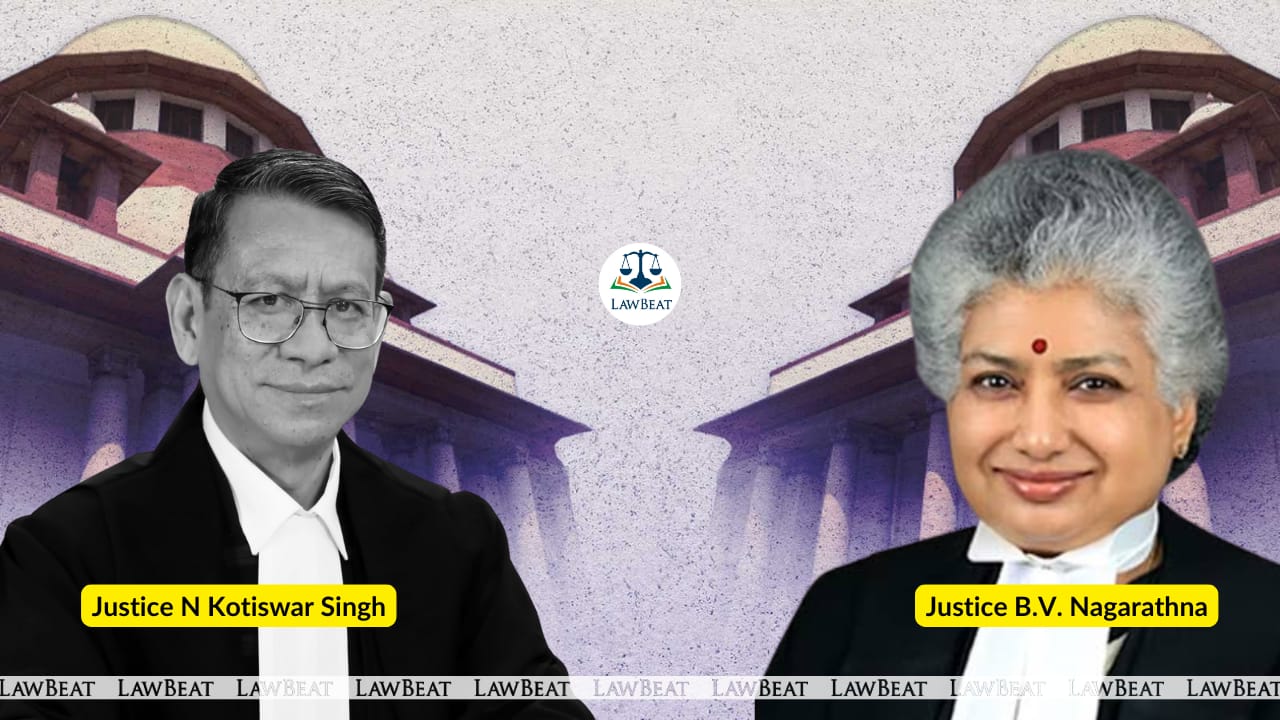'Order on further investigation treated as re-investigation', SC sets aside HC's 'improper' order

The magistrate had directed the investigating agency to "reconsider the case and to ascertain the true facts", which was interpreted by the High Court as an order for "reinvestigation"
The Supreme Court has set aside the Telangana High Court's "improper" order which allowed an appeal against the Magistrate court's order on a protest petition in a criminal case, without looking into its true import.
The magistrate had directed the investigating agency to "reconsider the case and to ascertain the true facts", which was interpreted by the High Court as an order for "reinvestigation".
In its order on June 9, 2022, the High Court had said, "In the case on hand, a direction was given to the police by the court to reinvestigate the matter. In view of the law laid down by the Supreme Court, the said direction is without any jurisdiction. Therefore, the proceedings before the Trial Court are liable to be set aside. Once the proceedings are liable to be set aside, the only material available before the trial Court is the final report filed by the police stating that there is no material to proceed against the case".
A bench of Justices B V Nagarathna and N Kotiswar Singh observed that the case revolves around the Metropolitan Magistrate's order from July 21, 2014, which directed the investigating agency to "reconsider the case and ascertain the true facts".
A counsel appearing for the private respondents submitted that the High Court rightly found that the direction to reconsider the case could not have been issued by the Metropolitan Magistrate since no such power is envisaged in law, therefore, the High Court was justified in setting aside the docket order of July 21, 2014.
In response to this submission, a counsel for the appellant submitted that the expression had to be construed in accordance with what was envisaged in law. It cannot be to mean that there has to be a reinvestigation of the case as that was not the import of the expression of the Trial Court; and that the Metropolitan Magistrate only directed continuing of the investigation having regard to the fact that he was considering the protest petition, the counsel argued.
The merit of the observations of the Metropolitan Magistrate has to be construed in light of what has been observed in the said order itself and in accordance with law, the counsel said.
The counsel also said the High Court didn't need to have set aside the docket order, thereby allowing the criminal petition filed by the private respondents. This was particularly so when the High Court had also found that there was a prima facie case against the private respondents, the counsel contended.
Considering the submissions, the bench said, "We find that the choice of expression by the Metropolitan Magistrate may not have been appropriate. However, the meaning of the said expression could be discerned as a direction for a continuation of the investigation, having regard to the material on record".
In the circumstances, the court found that the High Court ought to have construed the true import of what the Metropolitan Magistrate had observed in the docket order.
"If the same is perceived in the context then the observations made in paragraphs “14” and “15” of the High Court order would be improper and hence, to that extent the appeal filed by the appellant herein has to be allowed and is allowed. The observations at paragraph “14” and “15” are set aside," the bench said.
The bench also relied upon the observations made in the case of Vishnu Kumar Tiwari Vs State of Uttar Pradesh through Secretary Home, Civil Secretariat, Lucknow and Another (2019).
Consequently, court declared that the direction issued by the Metropolitan Magistrate ought to be construed in accordance with the true legal import.
It directed the Metropolitan Magistrate to indicate the consequence of the said order and to conclude the proceedings in accordance with law by following the procedure envisaged in law on the protest petition, filed by the appellant.
Case Title: PND Prasad Vs Billa Satish and Others
